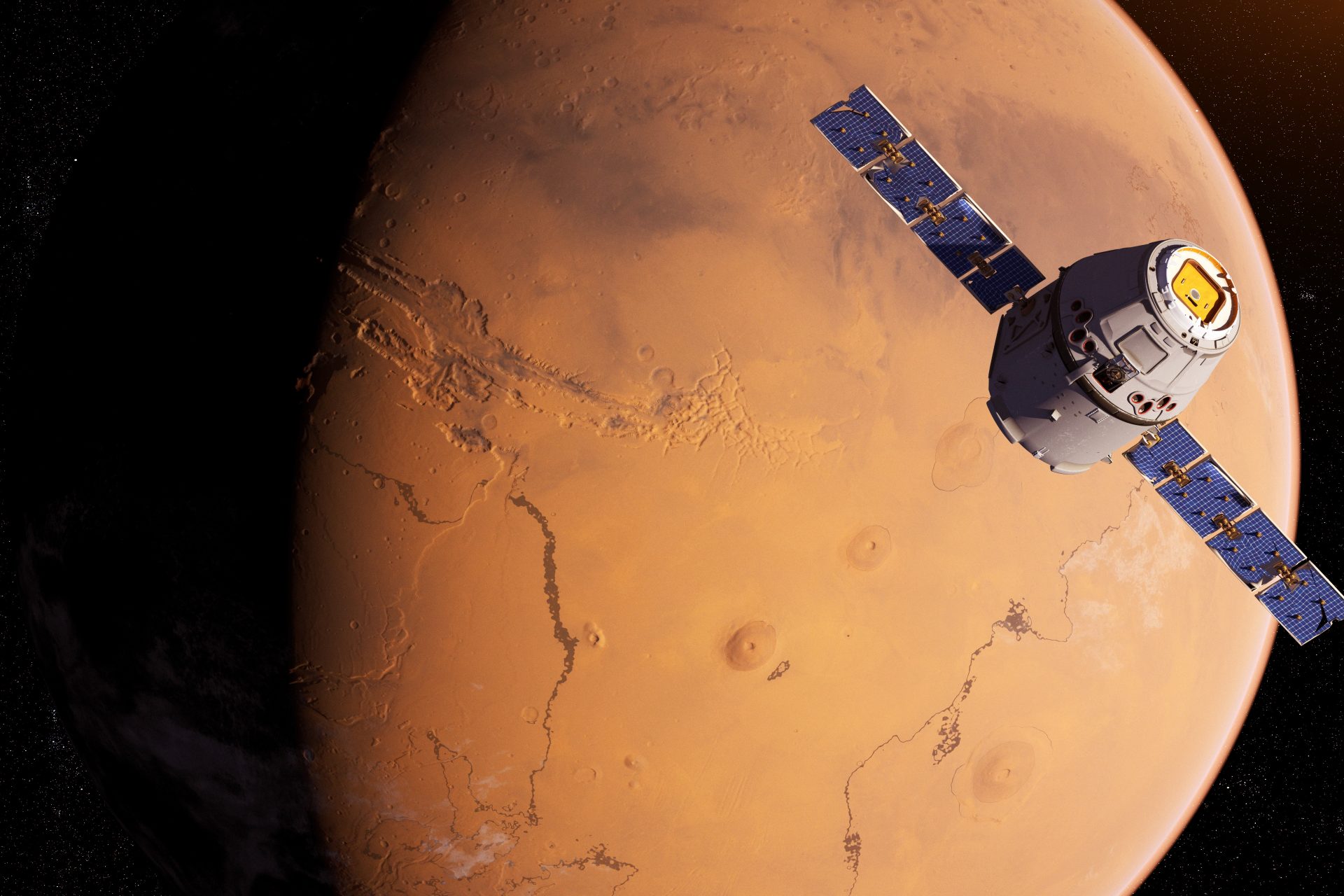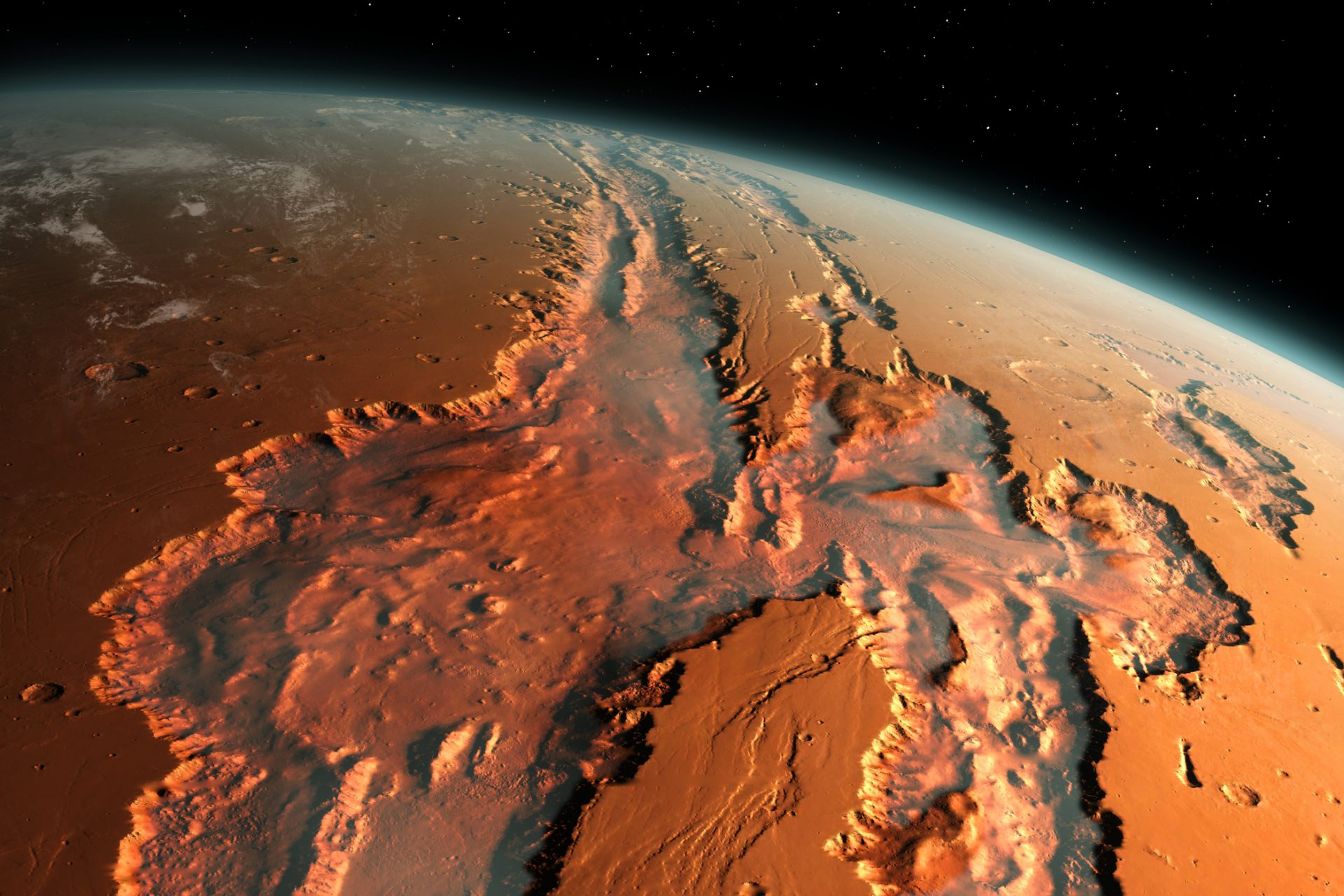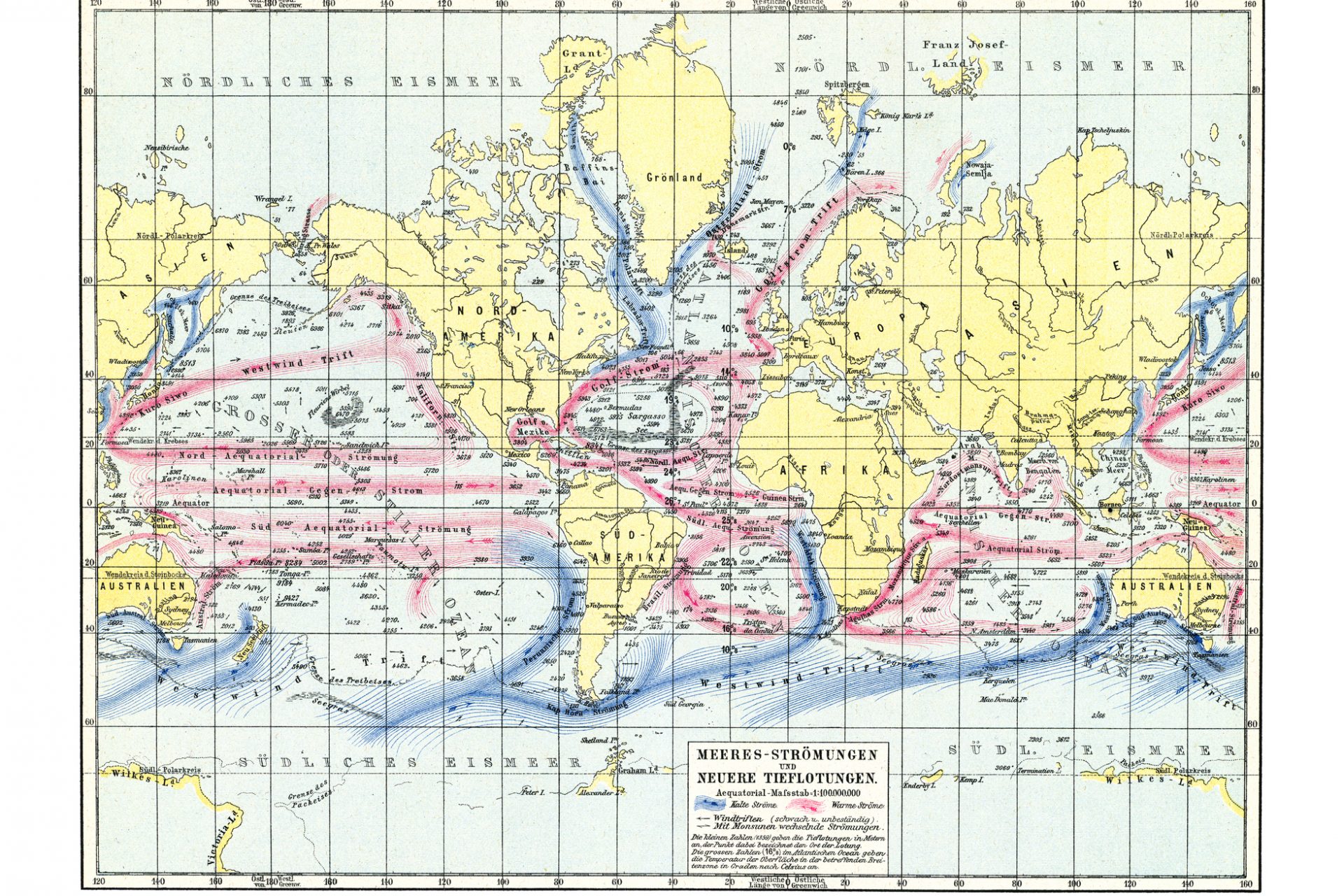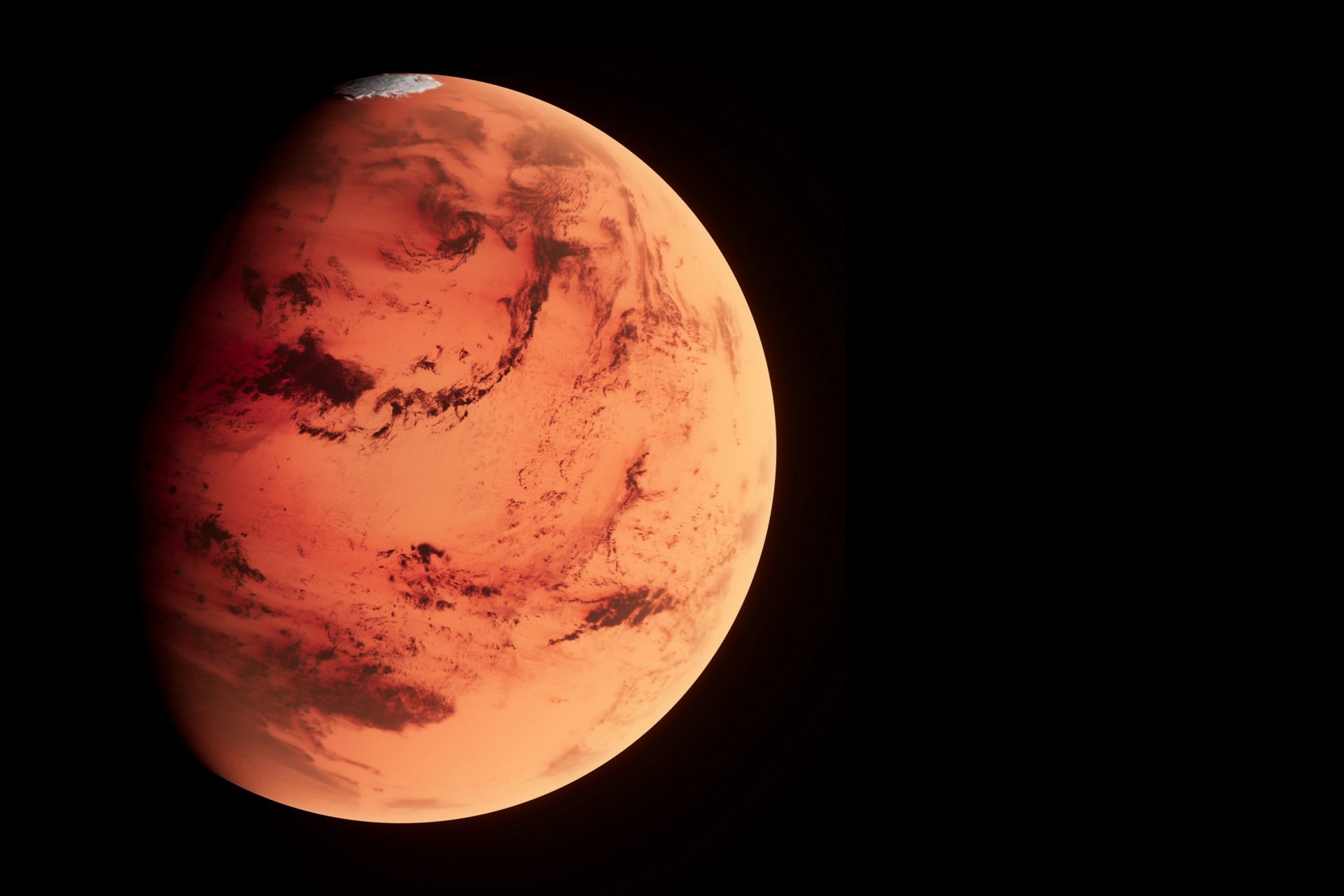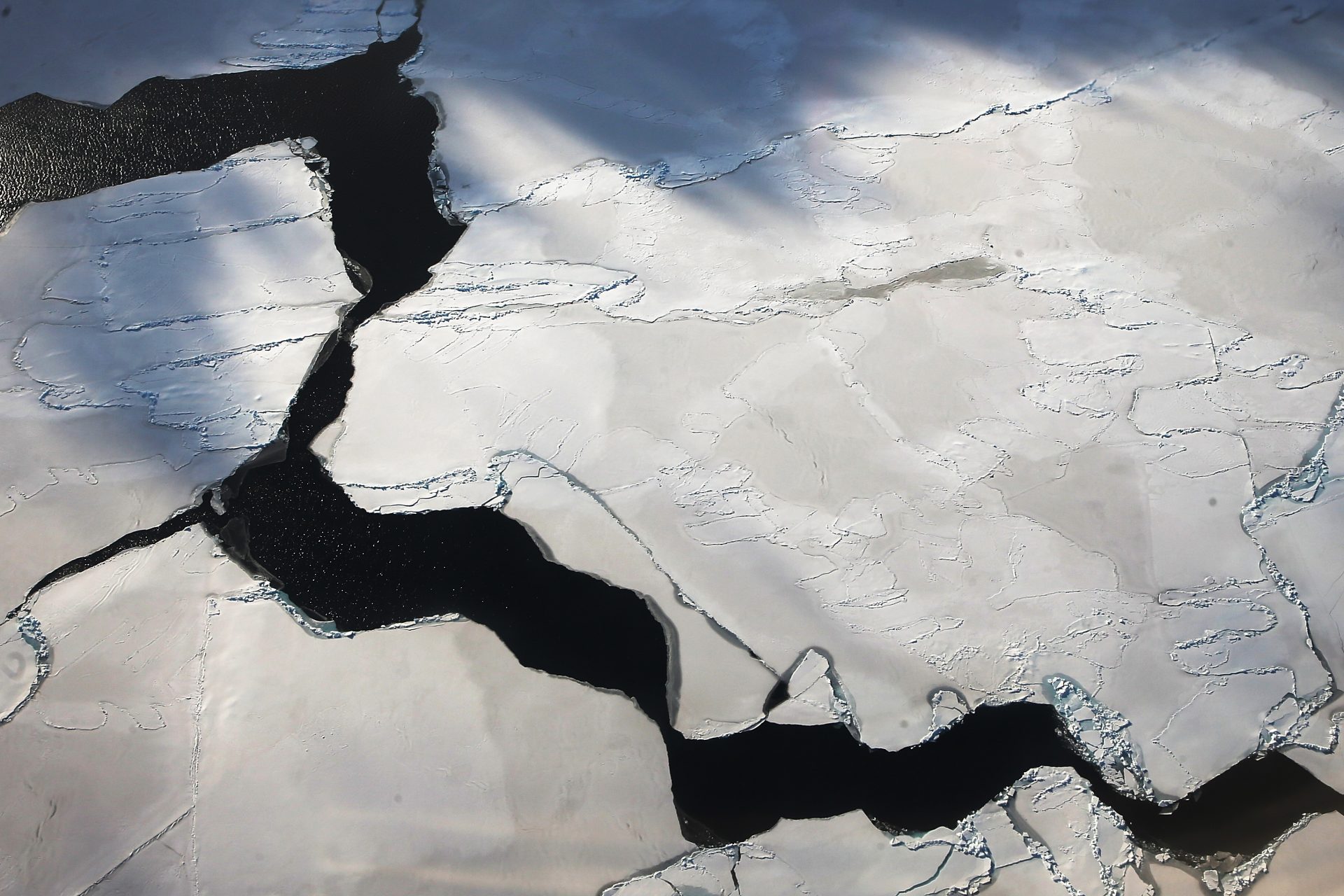Scientists discovered that Mars can influence Earth's deep currents
A study in Nature Communications discovered the Moon is not the only celestial body affecting our planet's waters. Mars affects Earth's currents in a surprising 2.4 million cycles.
According to Smithsonian Magazine, the research team determined that Mars's magnetic pull affects the Earth's orbit around the Sun, moving it closer every cycle.
The research team said that the change in the Earth's orbit around the Sun makes the climate warmer and affects the strength of deep sea currents, the same way the Moon does with superficial waters.
According to Science, the researchers analyzed more than 50 years of deep-sea drilling records. CNN said those sediment cores help to build a picture of the past going back millions of years.
Image: Bryan Goff / Unsplash
According to Smithsonian Magazine, they sampled nearly 300 drill cores, which corresponded to around Sixty-five million years of deep-sea sediments.
The team found a pattern in the sediments every cycle: the Earth got warmer, which affected the currents. The only coincidence with each cycle was Mars's magnetic pull.
The magnetic pull tilted the Earth's path around the Sun. Because the planet is closer to the star, radiation increases, and the climate becomes warmer.
The shifting weather makes the deep currents increase or decrease every cycle. According to CNN, the team described them as "giant whirlpools."
The effect is not as significant as the Moon's. "Mars' impact on Earth's climate is akin to a butterfly effect," study co-author Dietmar Müller told New Scientist.
Image: Planet Volumes / Unsplash
Still, Müller hopes these results will help science understand the effects of climate change. The records are "valuable insights about how the oceans operate in a warmer world," he told CNN.
According to the news network, scientists have warned of climate change's collapsing effects on the planet's currents, particularly in the Atlantic Meridional Overturning Circulation (AMOC).
According to some researchers, the AMOC, which transports warm water from the tropics to the far North Atlantic, shows signs it might collapse.
Still, other researchers are skeptical about Mars's role in these cycles. "Its gravitational pull on Earth is so weak," Matthew England, an ocean circulation expert, told New Scientist. "Even Jupiter has a stronger gravitational field for Earth," he added.
More for you
Top Stories




